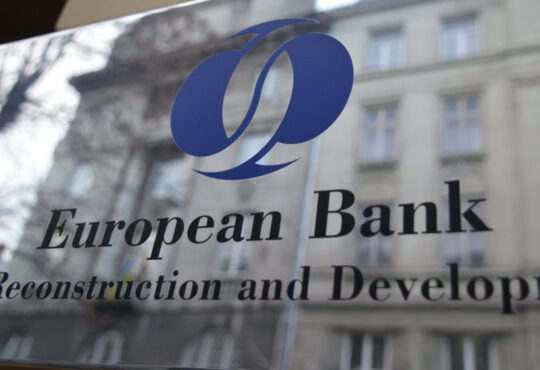A new report by Climate Home has exposed a troubling contradiction at the heart of Europe’s sustainable investment efforts. Millions of dollars from EU “green” funds are being invested in some of the world’s biggest coal companies, directly undermining international agreements to reduce reliance on coal-fired power.
The report reveals that European entities have invested over €65 million in major coal firms across China, India, Indonesia, the United States, and South Africa. These companies are responsible for massive carbon emissions, exceeding the combined emissions of four entire countries. This flies in the face of the 2021 UN agreement, where countries committed to accelerating efforts to phase out unabated coal power.
Further compounding the issue, the Climate Home report discovered that these coal companies are actively expanding their operations.
This directly contradicts the goals of sustainable investing and casts doubt on the environmental credentials of the “green” funds involved.
The funds in question fall under Article 8 (light green) and Article 9 (dark green) of the EU’s Sustainable Finance Disclosure Regulation (SFDR). This classification system is designed to guide investors towards environmentally conscious choices. However, the Climate Home report suggests a potential case of “greenwashing,” where investments contradict their advertised sustainability goals.
The report details investments in coal mining giants like Coal India (India) and China Shenhua, as well as significant coal power producers like NTPC (India). All these companies are planning substantial expansions, according to the Global Coal Exit List. This directly undermines global efforts to achieve net-zero emissions and stay within the Paris Agreement’s 1.5°C warming limit.
Financial institutions like Fideuram (Italy), AllianceBernstein (US), and Mercer (US) are identified as holding stakes in these coal-intensive companies. Even some “emerging markets” funds claiming to prioritise climate change prevention were found to invest in major coal producers.
The European Commission has acknowledged concerns about the effectiveness of the SFDR and is currently reviewing its application. Potential reforms include revising fund categorization and potentially scrapping the current Article 8 and 9 system altogether. Additionally, the EU’s market watchdog is looking to prevent misleading labels like “sustainable” or “Paris-aligned” from being used on funds with significant fossil fuel investments.
The future of the EU’s sustainable finance framework remains to be seen. However, this report highlights the challenges in ensuring that “green” labels accurately reflect investment practices and raises serious questions about potential greenwashing within the system.






